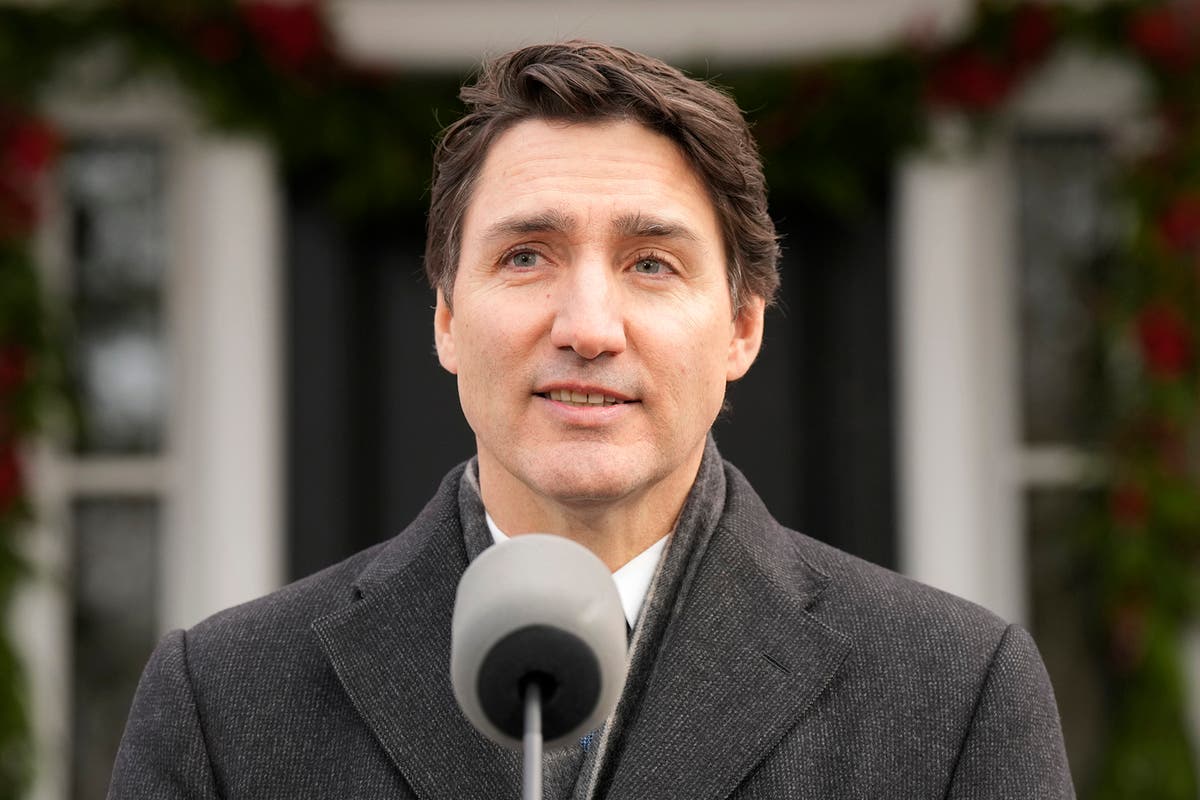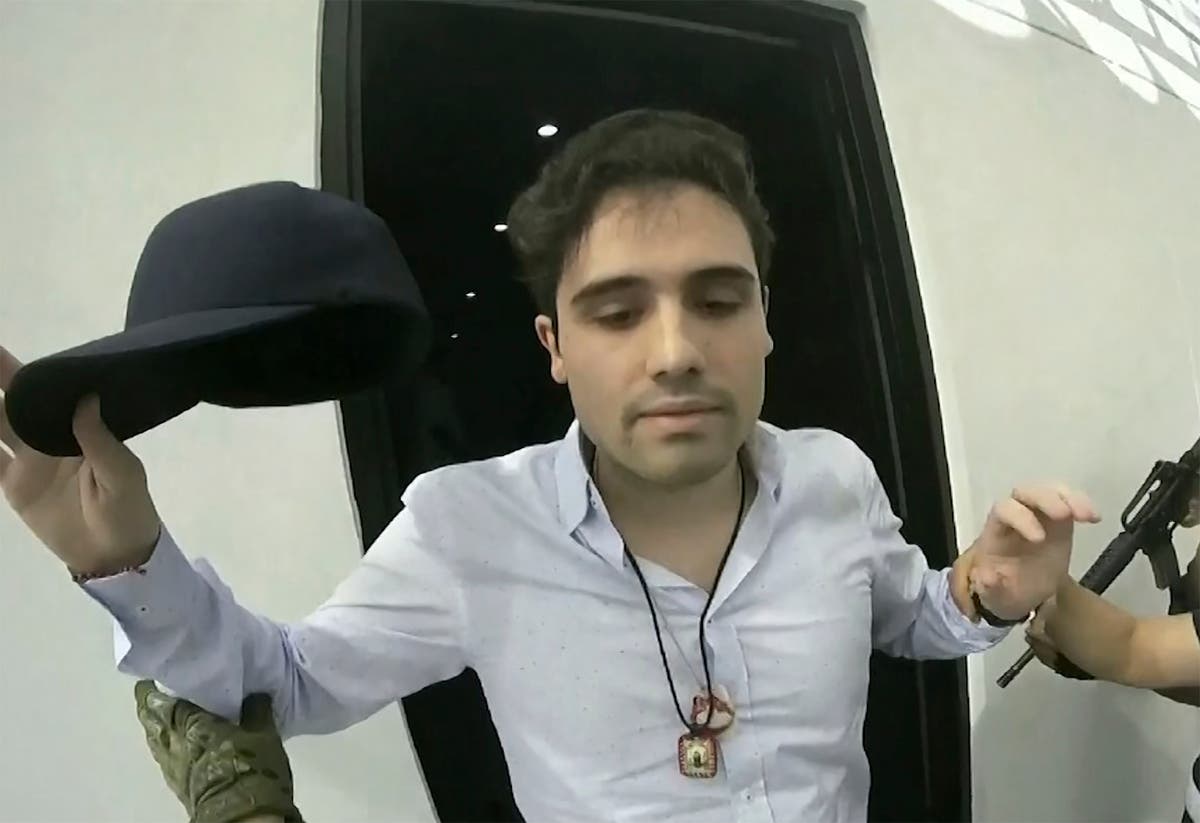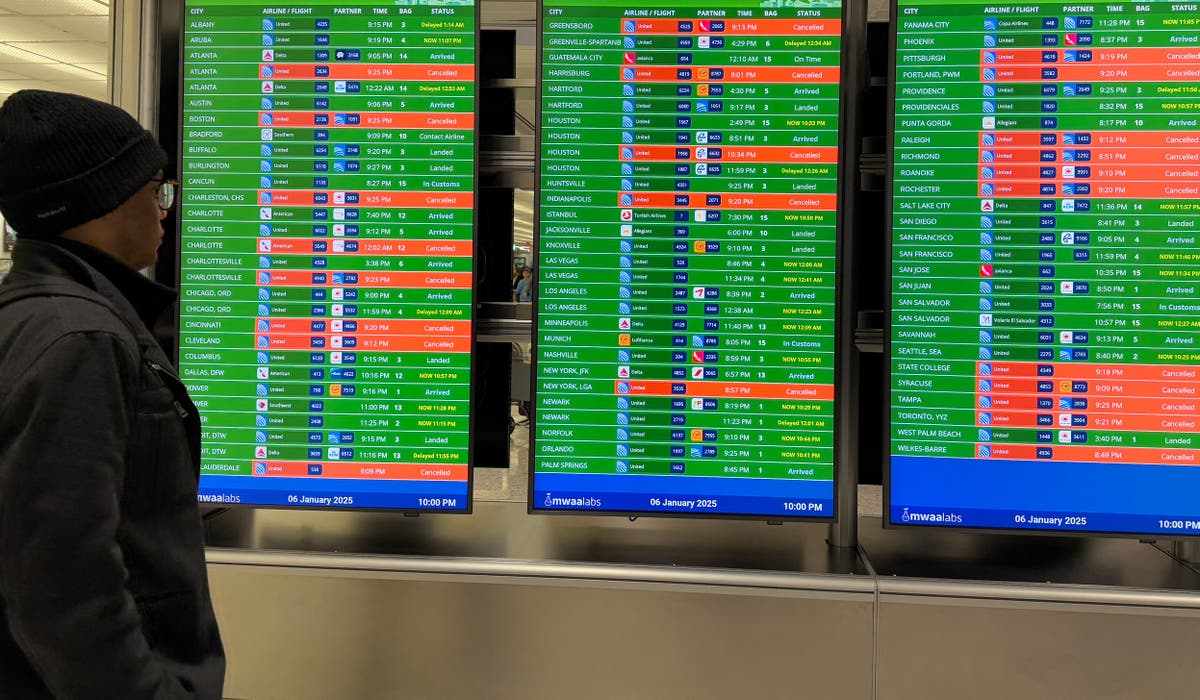Justin Trudeau, leader of the Liberal Party since 2015, announced his resignation as Prime Minister on Monday, citing internal party pressures. The move comes with the nation facing a cost-of-living crisis and potential economic turmoil, exacerbated by the prospect of US tariffs.
Trudeau's decision follows mounting calls for his resignation from within his own party, escalating after the unexpected resignation of Deputy Prime Minister and Finance Minister Chrystia Freeland in December. These internal divisions were further intensified by President-elect Donald Trump's threatened 25% tariff on Canadian goods.
The resignation process will involve the Liberal Party selecting a new leader through a competitive national process. Trudeau will remain Prime Minister until a new leader is chosen, a decision expected by March 24. The next Canadian federal election is scheduled for later this year.
Opposition parties have indicated plans for a non-confidence vote once Parliament resumes. This vote will be held after the Liberal Party resolves its leadership contest.
Trudeau noted that the ongoing "internal battles" within the party contributed to his decision. He has requested that the Liberal Party president, Sachit Mehra, initiate the leadership selection process, with Parliament adjourned until March.







